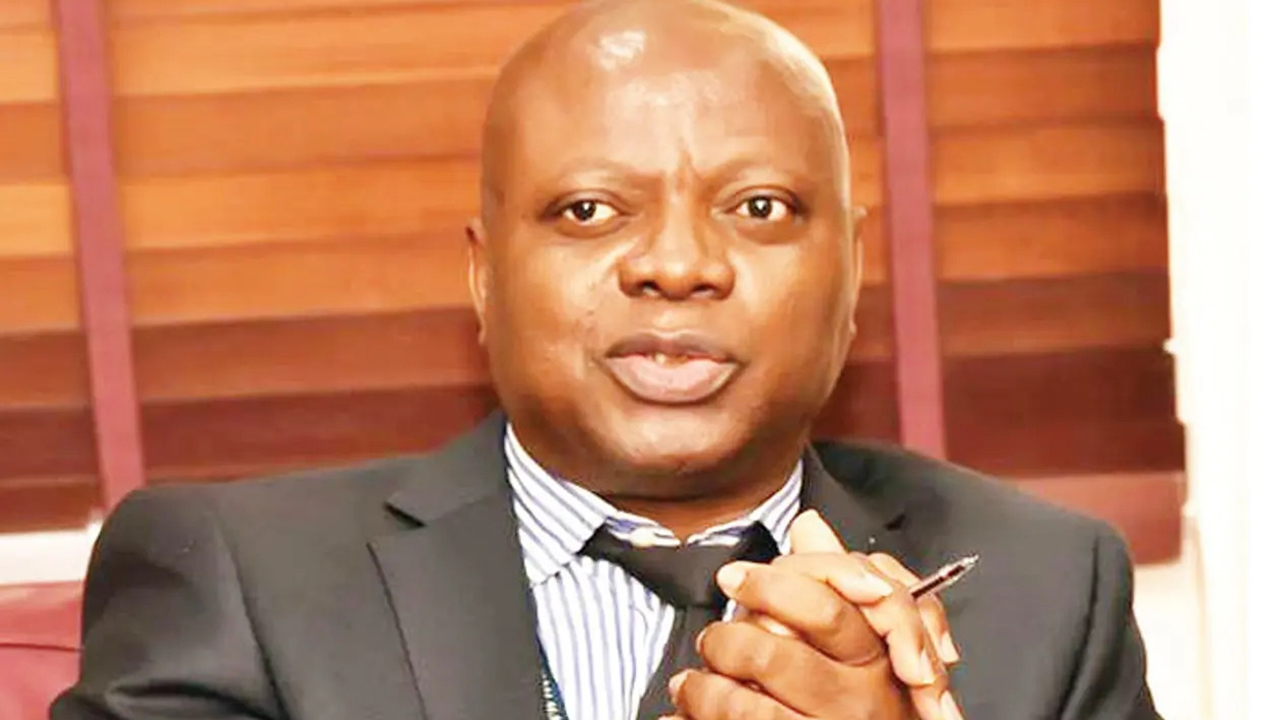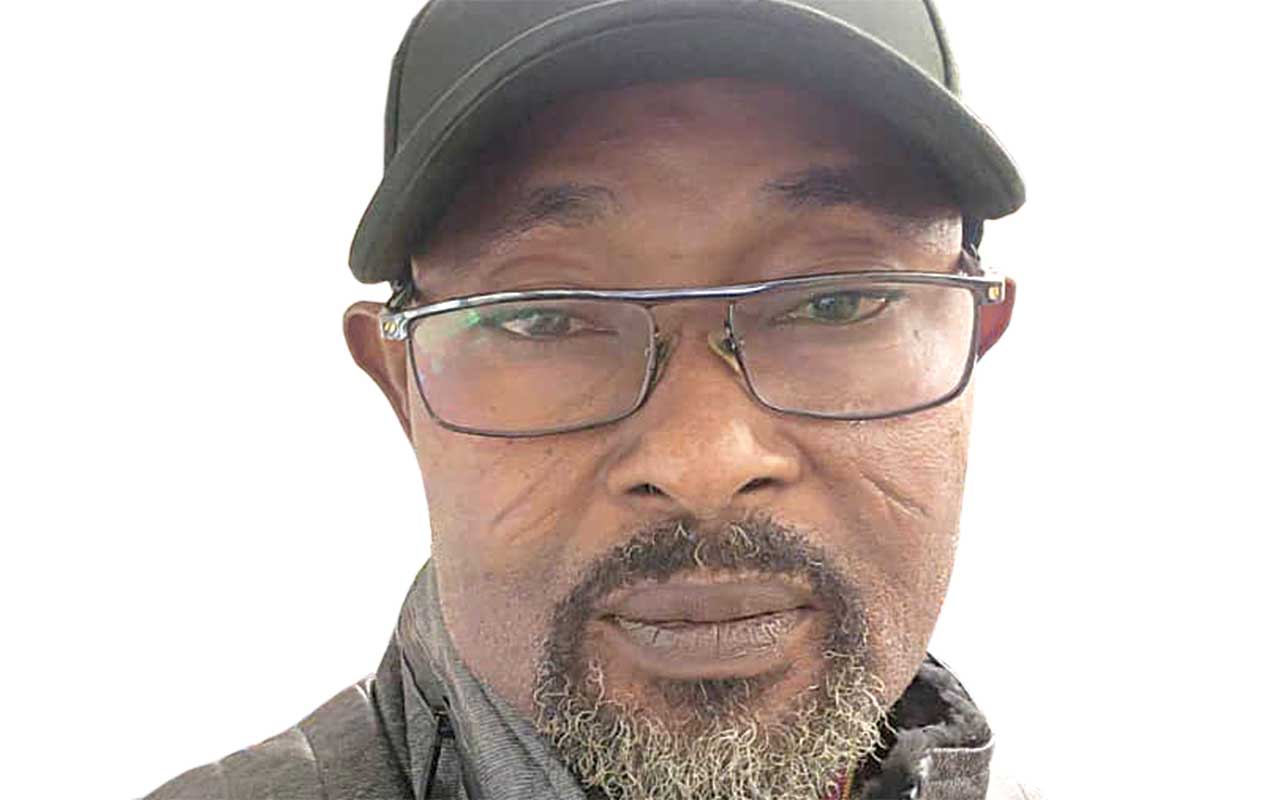Professor Abel Idowu Olayinka is a Fellow of the Academy of Science (FAS). He is a Nigerian professor of applied geophysics. He is a former deputy vice chancellor and former vice chancellor of the University of Ibadan. He is also the president of the West African Research and Innovation Management Association. In this interview with MOYOSORE SALAMI, he spoke on the challenges facing educational sector, and how the country can improve on the delivery, among others.
Given the challenge Nigeria’s educational system is facing, as former vice chancellor, how would you rate the performance rate of the country’s universities? Or at what level would you say they are functioning?
The Nigerian university system, which began 76 years ago with the University College, Ibadan, now University of Ibadan, has evolved significantly by 2024, with numerous federal, state and private universities established.
Despite the proliferation of private universities, enrollment remains predominantly in public universities owing to their affordability. Only six to 10 per cent of students enroll in private universities, which cater to a smaller but growing segment of the population compared to public universities. Public universities remain popular owing to their affordability, because they are subsidised by the Federal Government through funding and staff salaries, supplemented by Tertiary Education Fund (TETFund). State universities also benefit from TETFund and local government support. In contrast, private universities rely heavily on tuition fees and private funding, making them more expensive options.
Federal universities, often older institutions, face challenges such as unstable academic calendars owing to staff unrest and demands for improved service conditions. These issues, alongside varying tuition costs and accommodation expenses, cause the diverse challenges within Nigeria’s higher education system.
Despite these challenges, however, Nigerian universities continue to produce graduates who contribute to various sectors, both domestically and internationally. Many graduates seek opportunities abroad or in the private and public sectors due to the mixed outcomes of their university experiences.
While the Nigerian university system serves a large and growing population, it operates amid significant challenges that impact its ability to consistently meet educational standards. There is potential for improvement, especially considering the country’s large population and the imperative to retain talent domestically.
Let us talk about strikes. In what ways do you think strikes have affected the education system?
Everytime there’s a strike; it profoundly disrupts our academic environment. At universities such as UI, where the academic year ideally runs from September to June, the reality often falls short. This inconsistency means students who enroll for a four-year course end up spending five to six years. Just last week, while traveling from Lagos to Ibadan, I met a fellow passenger who spent six years on a Bachelor of Science degree. His elder brother studied Medicine at UI from 2012 to 2020, enduring eight years owing to these disruptions. Such delays come with high opportunity costs; his brother is now abroad, frustrated by the prolonged journey through Nigerian education.
The unpredictability of the academic calendar over the past 30 years has also led to students missing internship opportunities. Academic staff struggle to take their yearly vacation, compounding issues within the system.
The uncertainty during strikes, such as the recent ASUU strikes, that lasted from one week to several months (the eight months strike during COVID-19), makes planning impossible. This uncertainty discourages foreign students, impacting the competitiveness and international reputation of Nigerian universities unlike private universities, with more stable calendars, appear more attractive.
The constant threat of strikes also damages university branding, especially on social media, negatively affecting the global perception of Nigerian universities. The fallout from the 2022 strike continues to affect government staff salaries, perpetuating instability. Moving forward, ensuring a consistent academic calendar from September to June is essential. These strikes jeopardise the entire education system, transitioning from teenagers to adults amidst prolonged university closures, and hampering curriculum completion.
What are the underlying factor contributing to the recurring strikes by ASUU?
Several underlying factors contribute to the recurring strikes by Academic Staff Union of Universities (ASUU). These include the conditions of service for staff, working environments, and inadequate facilities such as laboratories and conference opportunities. When salaries are low and staff cannot access conferences, journals, or internet facilities, dissatisfaction escalates, often resulting in strikes.
One major grievance is the low remuneration that affects staff morale and their ability to participate in academic conferences, subscribe to journals, or access necessary internet facilities. Moreover, the lack of autonomy in decision-making processes within universities adds to the discontent among ASUU members, who are heavily unionised, when universities face bureaucratic hurdles or external interference in academic matters, it undermines their ability to innovate and adapt to the needs of the students and society.
Beyond academic concerns, student welfare also plays a crucial role. Complaints about hostel facilities and the recent inability of universities to pay electricity bills due to tariff increases imposed by the Nigeria Electricity Regulatory Commission (NERC) exacerbate tensions. This situation has led to severe power outages on campuses, limiting daily usage to less than six hours, despite the need for round-the-clock electricity for effective academic and residential activities.
The issue of funding remains central to these challenges. Public universities face significant financial constraints, impacting everything from staff salaries to infrastructure development. This contrasts with private universities, which must find solutions to similar issues without federal government support.
In essence, resolving the recurrent strikes by ASUU necessitates addressing these multifaceted issues comprehensively, including improving funding for public education, enhancing working conditions for staff, and ensuring adequate infrastructure and utilities for both academic and student needs.
Let us look at power challenge in schools, as someone who has been in charge, what do you think should be done to save schools the embarrassment of having to go through a cut in power supply, which is now a common thing in Nigeria?
To address the power challenges in schools, I believe funding is the key issue that needs to be addressed. While some suggest that universities should generate their own electricity, I think that’s unrealistic. Basic electricity is taught in junior secondary school, and despite our challenges, we can achieve 24-hour power supply through a combination of generators, inverters, solar power, and backup plans like the Ibadan Electricity Distribution Company.
Universities require electricity for various functions, and funding constraints hinder their ability to provide reliable power. It’s similar to expecting citizens to pay for road repairs; universities shouldn’t be responsible for generating their own electricity. Instead, they should focus on their core mission of education, just like top universities like University of London, Oxford, Cambridge, and Alberta in Canada, do not pay for their electricity needs.
What steps do you believe are essential to achieving lasting solutions to this issue?
The fundamental issue remains funding. While some suggest universities should generate their own electricity, basic electricity isn’t adequately taught in junior secondary school. Despite Nigeria’s challenges, achieving 24-hour power supply is feasible with generators, inverters, solar, with the Ibadan Electricity Distribution Company as backup. Universities, needing electricity for diverse functions, encounter funding constraints. Contrary to assumptions, leading universities globally, such as University of London or Oxford, pay for electricity rather than self-generate. Comparatively, expecting universities to generate power is akin to citizens paying for road repairs by local governments.
If you were to advise policymakers today, what key reforms or initiatives would you suggest to improve the Nigerian education system?
Improving our education system is crucial. While challenges exist, identifying these issues allows us to propose effective solutions. The Federal Government’s initiative to lower tuition fees is commendable, yet we must acknowledge there is no such thing as a free lunch; parents spare no expense in educating their children. Many struggle to hire new staff due to government policies, resulting in overworked and underpaid educators, which fails to attract talent. Prioritising education across all levels is essential, not just for executives but also for lawmakers. Adequate funding must be allocated to education to safeguard our country’s future.
Having served as Vice Chancellor of the University of Ibadan and witnessed firsthand the challenges in education delivery, what is your assessment of politicians’ understanding of the complexities involved in effectively delivering education in Nigeria, especially in terms of facilities?
As someone who served as Vice Chancellor of the University of Ibadan and witnessed firsthand the challenges in education delivery, I believe there is a critical gap in politicians’ understanding of the complexities involved in effectively delivering education in Nigeria, particularly concerning facilities.
Regarding resource allocation, both human and financial resources are insufficient. The public education system has largely collapsed, pushing many to opt for private universities.
Without prioritising public education, this trend may extend to federal and state levels, exacerbating the issue. Recently, during my committee’s inspection of UI’s facilities, I was disappointed by overcrowded halls of residence and inadequate teaching resources.
How do you believe their understanding or lack thereof impacts policies and reforms aimed at improving our educational system?
The understanding, or lack thereof, among politicians regarding the complexities of our educational system significantly impacts policies and reforms aimed at improvement. Despite some politicians being products of Nigerian universities, their insufficient understanding often results in inadequate policy initiatives. There appears to be a lack of political will to enact meaningful changes, despite knowing the necessary steps.
Elected officials have the mandate to represent us, and if they prioritise education, they can influence budget allocations and legislative reforms. Collaboration among stakeholder, parents, lecturers, alumni, and the government is crucial for enhancing competitiveness and repositioning Nigeria’s education system.
In terms of funding the universities in the country, how much will be needed to give Nigerian universities that breath of fresh air? Even with what TETFund is doing?
Determining the funding required to rejuvenate Nigerian universities, even with the support from TETFund, is a complex task. It is challenging to estimate a specific figure due to varying factors such as the size of the institution, the scope of programmes offered, and the number of students and staff involved. For instance, training a medical doctor may cost around N5million per student, multiplied by potentially hundreds of students over several years. Similar calculations apply to other disciplines.
To address this, we must assess unit costs per student and then multiply by the total student population. The government, local authorities, and students themselves can contribute to this funding. This comprehensive approach ensures sustainable support for Nigerian universities’ revitalisation efforts.






